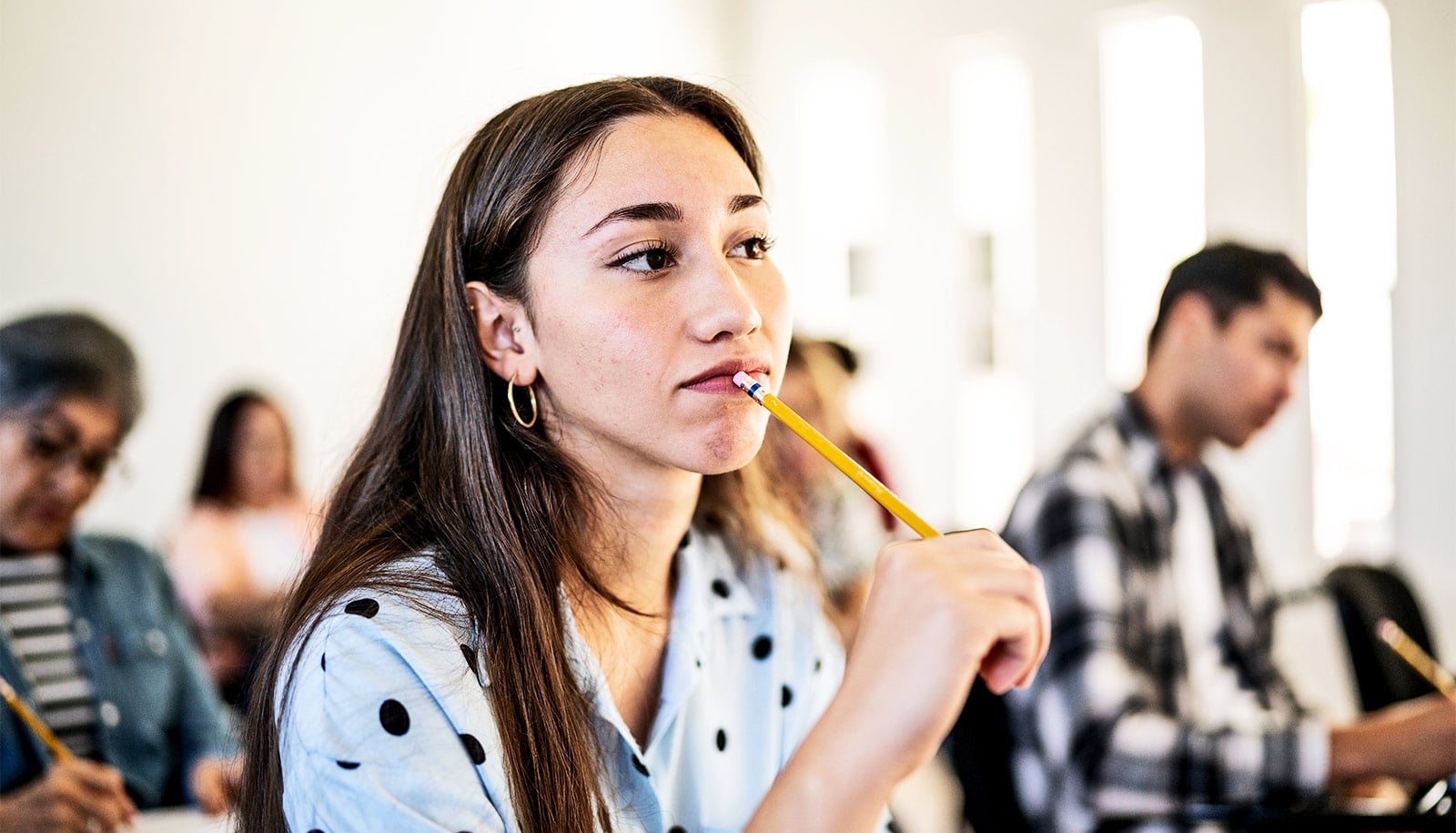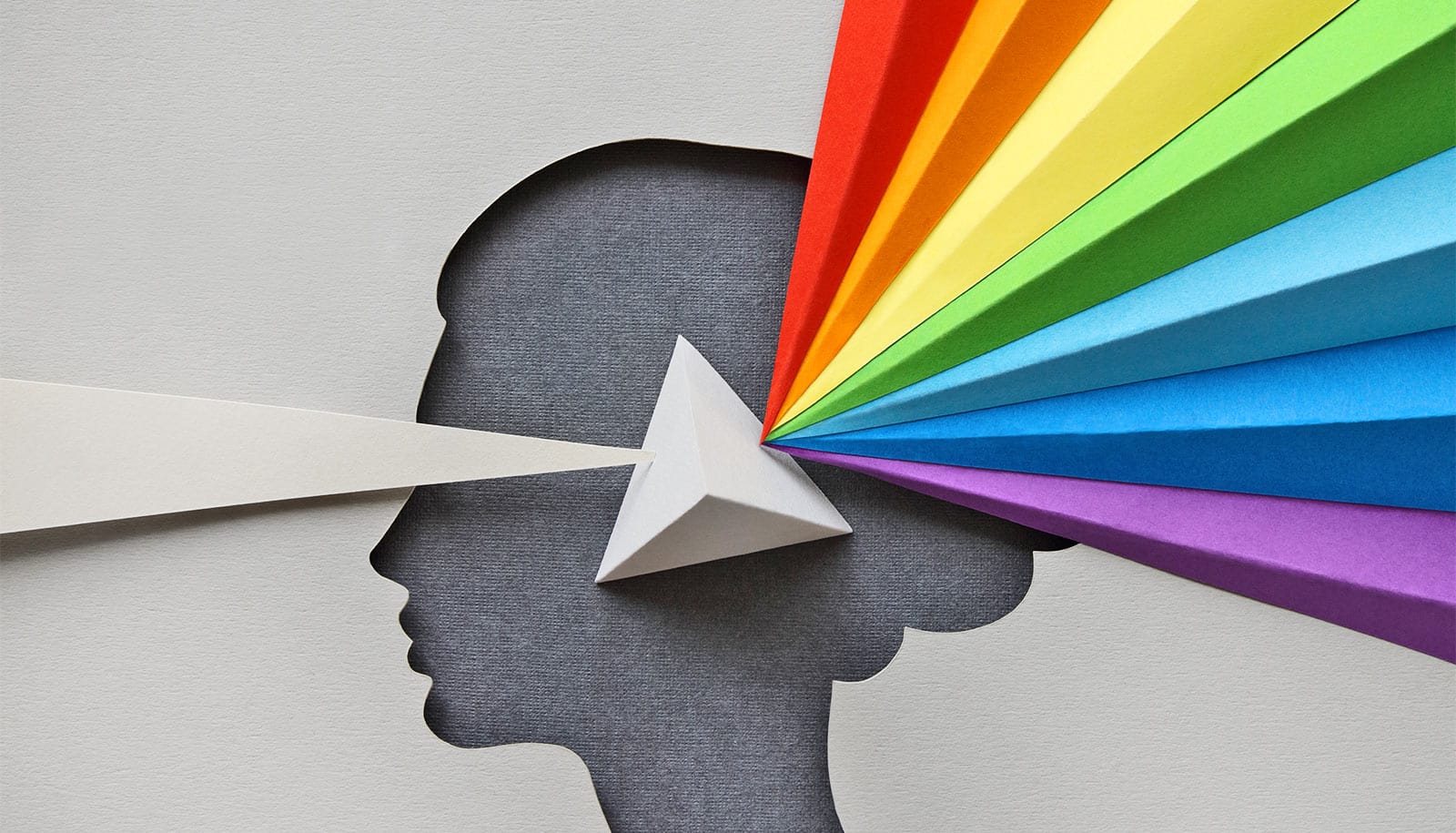Mindset may play a big role in shaping how students study and how well they perform academically, according to a new study.
Students typically use two strategies when studying. One involves skimming material and memorizing facts just long enough to pass a test. The other involves more critical thinking, like testing yourself on what you’ve learned or making connections between class concepts and your own experiences.
The researchers surveyed nearly 300 undergraduate students about their study habits, learning goals, and final grades. They found that students who use these deeper learning strategies tend to earn better grades.
What sets these students apart is that they’re more focused on personal growth and getting better at the work itself, not just chasing a high grade.
“When students are more focused on mastering the task or improving themselves, the use of deep learning strategies increases,” says Nathaniel Hunsu, an associate professor in from the University of Georgia’s College of Engineering.
“By the same token, we also see that was correlated with higher performance.”
Some students may just want to get the credit and move on, especially in classes they don’t think are relevant to their major. These students tend to use more surface-level strategies like skimming material and cramming before tests.
But students who want to improve themselves and master the material tend to be more motivated to dig deeper. They take the time to understand the concepts, challenge themselves and reflect on what they’ve learned. That effort often pays off, the researchers say.
Students who are focused mainly on outperforming their peers may engage with the material, but their efforts don’t necessarily lead to better grades, the study found.
Instead of worrying about competition, the researchers suggested students focus on what they want to get out of their classes.
“Come into the learning opportunity understanding what your goals are and what you hope to achieve from that experience,” Hunsu says. “Look for ways to not just superficially learn the material but to make connections between what you already know, what the material has to say and how it applies to something relevant.”
Instructors can play a big role in helping students shift their mindset, the researchers says. Teachers can encourage students to go beyond grades by creating opportunities for self-reflection and incorporating problem-solving tasks into coursework.
Having students analyze a real-world scenario and apply it to course concepts can help deepen learning. These kinds of tasks push students to apply what they know, think critically and improve through trial and error, the researchers says.
Giving students feedback and the chance to revise their work can also help reinforce learning and encourage growth.
“The goal should be to prime students to think more of the tasks and their own personal development and less of the grade,” Hunsu says. “Grades are important, but students should have multiple opportunities for reflection.”
The study appears in the European Journal of Engineering Education.
Source: University of Georgia



